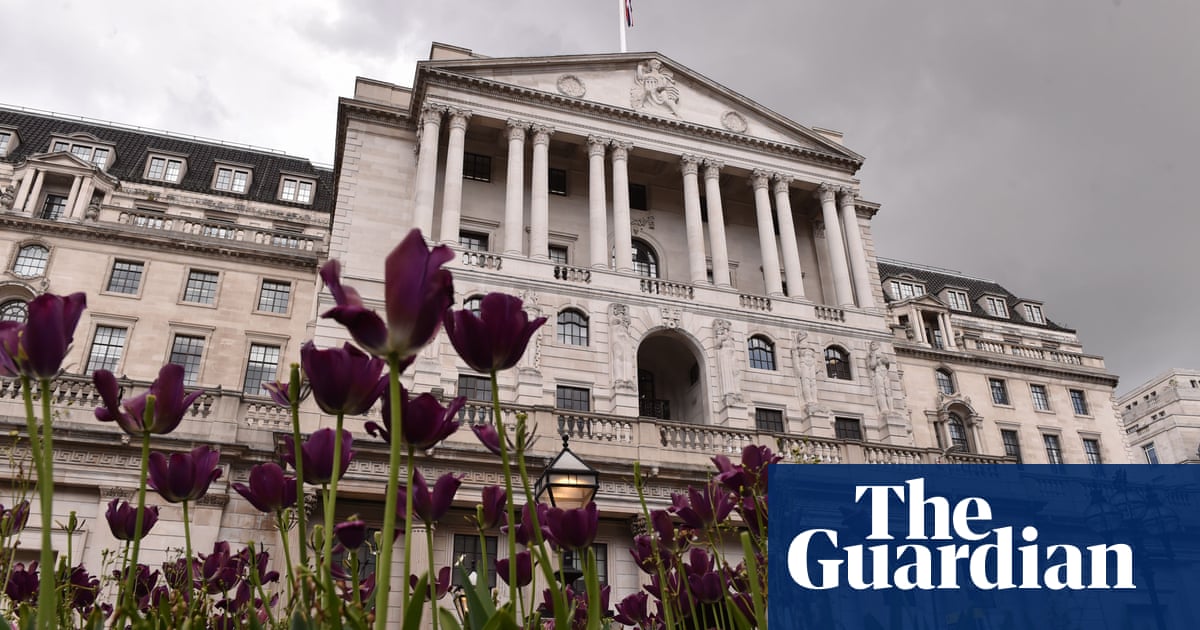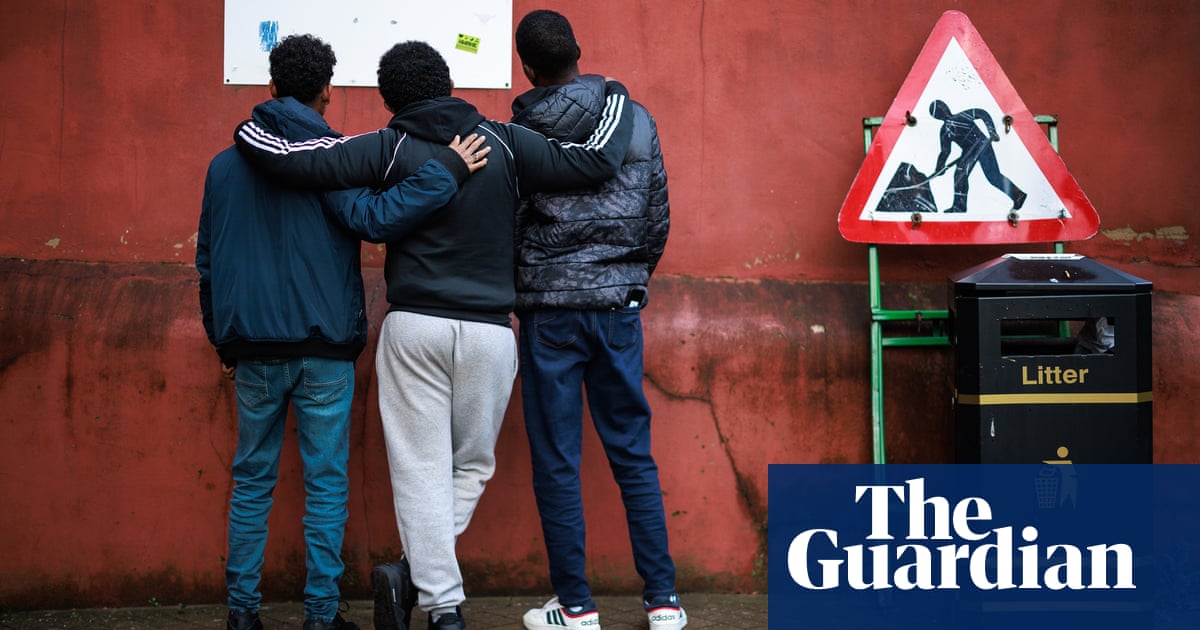
Healthcare practitioners who committed child sexual abuse commonly did so under the guise of medical treatment, which went unchallenged by other staff even when unnecessary or inappropriate because of their position of trust, research has found.
An independent inquiry into child sexual abuse report into abuse in healthcare settings between the 1960s and 2000s found that perpetrators were most commonly male GPs or healthcare practitioners with routine clinical access to children. As a result their behaviour was not questioned by colleagues, the children or their parents.
In many cases patients’ healthcare needs related to physical, psychological and sexual abuse they suffered at home. They spoke of attending health institutions seeking treatment, care and recovery, but were instead subjected to sexual abuse. This included fondling, exposing children to adult sexuality, and violations of privacy. More than half who shared their experiences described suffering sexual abuse by penetration.
One survivor said: “Under the guise of performing a medical test, called a high vaginal swab, he used that as an opportunity to rape me. I thought I was dying, but I also thought I had to be very quiet, because it was the right thing to do.”
Only a quarter reported they were able to disclose the sexual abuse as a child. In some instances, children who told of abuse were dismissed by healthcare professionals as “sick” or “crazy”.
Accounts describe sexual abuse in hospitals, psychiatric institutions and GP surgeries and sometimes involved the use of medication or medical instruments.
The report, published on Thursday, found that as well as the position of trust and authority held by healthcare professionals, other factors that enabled the sexual abuse to take place included physical isolation in private consultation rooms and victims’ lack of knowledge about medical procedures.
Another survivor said: “I’d been going there since I was in the womb, you know. Like, it was a family doctor, it was just down the road ... a trusted person to me.”
More than 20% of victims and survivors experienced a direct impact such as pregnancy or a physical injury from the abuse. The majority described a significant impact on their mental health, such as anxiety and depression.
Similar to findings from participants sexually abused in other institutional contexts, they suffered lifelong impacts. Participants were fearful of healthcare professionals, leading to avoidance of contact with them in later life. They also reported feeling betrayed by perpetrators’ colleagues who did not intervene to prevent or stop the sexual abuse, leading to subsequent broader distrust of authority, systems and adults.
“I just see [the perpetrator’s] fingerprints on everything ... I look at my life and I just see his fingerprints,” said another survivor.
The 109 victims and survivors submitted their accounts to the Truth Project, which is part of the inquiry focused on England and Wales, and allows victims and survivors of child sexual abuse the chance to share their experiences.
Of the 4,295 people who shared an experience between June 2016 and July 2020, 3% described sexual abuse that took place in a healthcare context.
Julienne Zammit, the senior research manager at the inquiry, said: “Participants feared questioning the power and trust held by healthcare professionals. It’s clear that not being believed was a significant barrier to children reporting sexual abuse, as were feelings of self-blame, embarrassment and a fear of speaking out against authority.”












